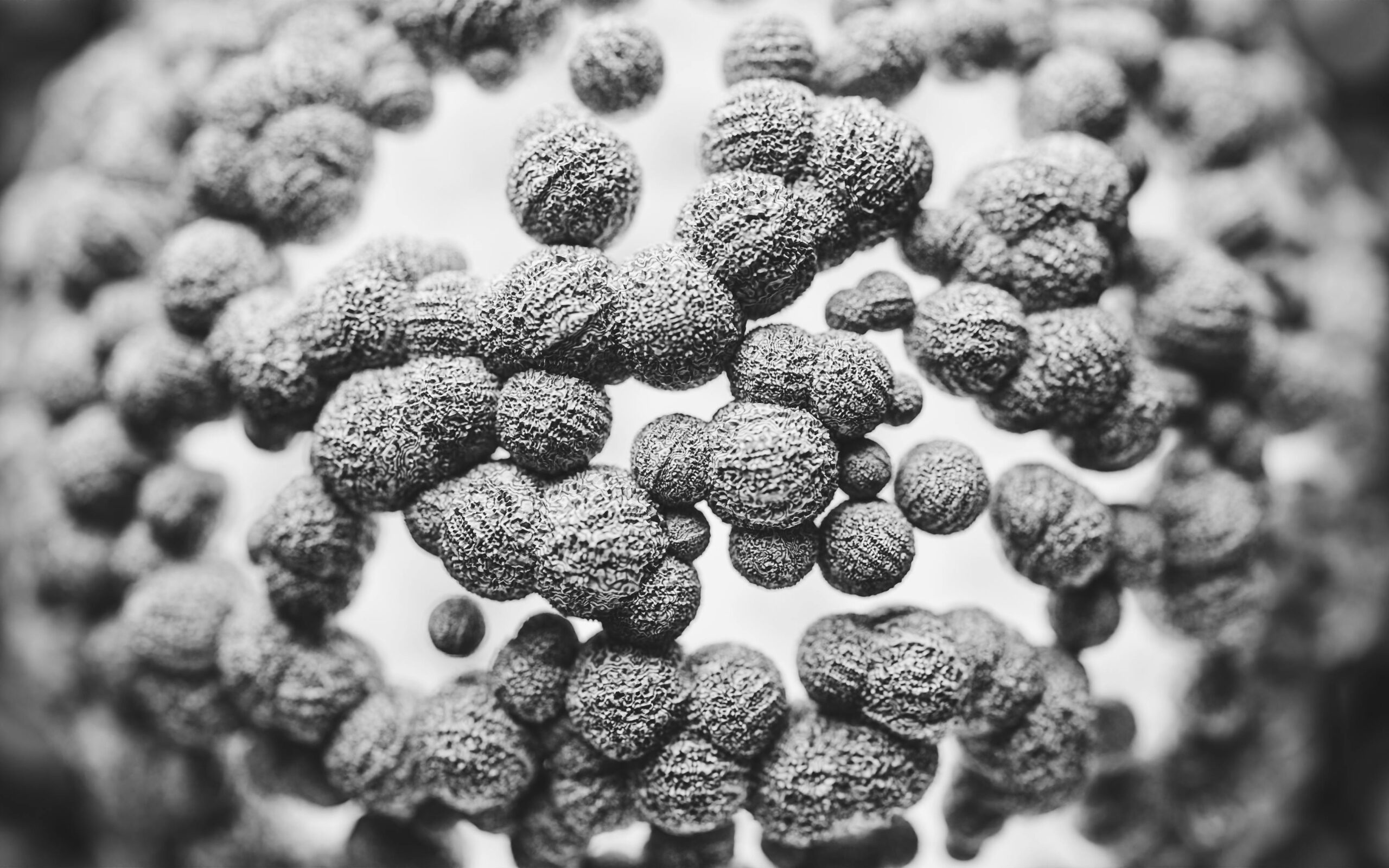
Gut Health


Your Gut Bacteria Might Be a Cause of CancerSeptember 3, 2025

A gut bacterium that makes you gain weight? Scientists say yesSeptember 3, 2025

The Truth About Yogurt, Honey, and Your GutSeptember 1, 2025

Beyond Weight Loss: The Unseen Health Effects of the Keto DietSeptember 1, 2025

Why Smelling a Bad Odor Could Make You HealthierAugust 31, 2025

Antibiotics in Early Life Could Have a Lasting Impact on Health, Study FindsAugust 27, 2025

New Study Reveals a Secret Way Your Body Prepares for SicknessAugust 27, 2025

Stress on the heart: Is it your gut bacteria?August 26, 2025
